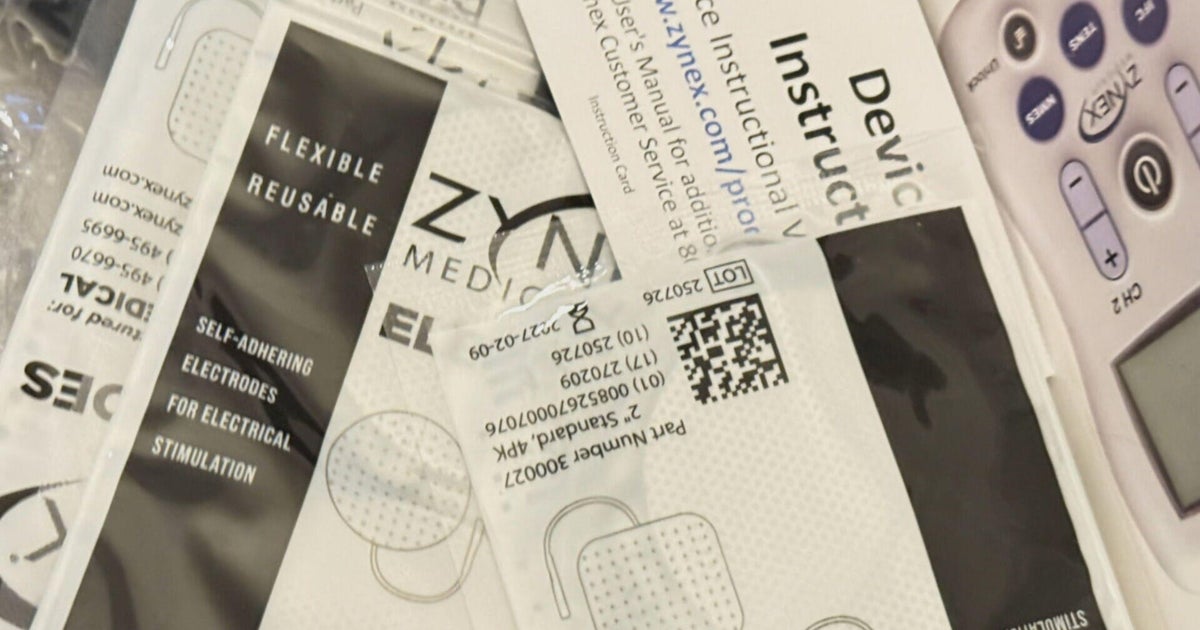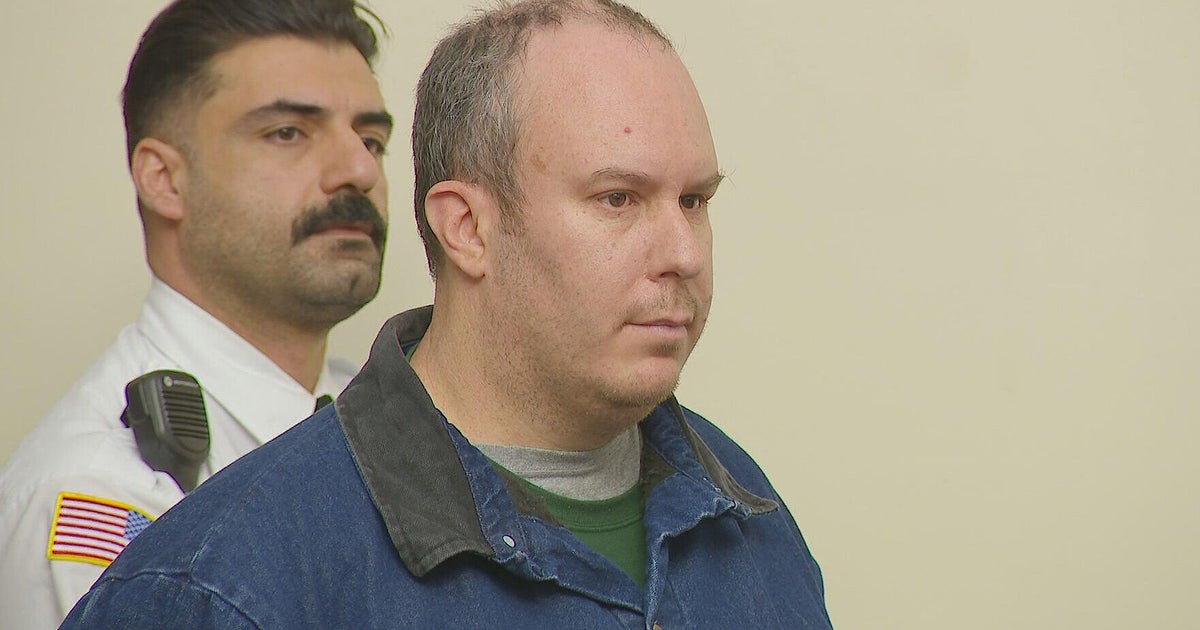Hospital Bacteria Strain Killing Patients
(CBS) -- You may have heard of MRSA, the antibiotic-resistant superbug that can eat through patients' skin.
But there's another bug few have heard about that can be just as menacing. As CBS 2's Susan Carlson reports, it's causing deadly -- and preventable -- infections.
Three months after having a knee replacement, Kathleen Powers is finally feeling well enough to do something as simple as make herself a cup of tea.
But her slow recovery has nothing to do with her knee. An infection she picked up in the hospital ravaged her digestive system.
"You feel like you're not going to get better and you feel like you're dying," Powers says.
Tests confirmed she had C-Diff, short for clostridium dificile, a bacteria that attacks the intestine.
The Centers for Disease Control say C-Diff kills thousands of Americans a year. And the numbers are growing. In Illinois, cases of the illness tracked in hospitals doubled from 1999 to 2009 to more than 16,000.
Antibiotics are the standard treatment, but that doesn't always work.
Surgeon Rocco Ricciardi and the CDC blame a new strain of the bacteria. Ricciardi says it's more aggressive, produces more toxins and is harder to treat.
C-Diff is highly contagious and is usually spread by health care workers whose hands aren't clean. Washing with soap and water before and after entering a patient's room is the only way to kill it. Alcohol-based hand sanitizers do not work.
The microscopic spores of C-Diff can also survive for weeks on hard surfaces like a counter, a phone or a handrail.
Powers says hospitals need to do more to educate and protect their patients.
"You don't think you're going to go in and come out with something deadly," she says.
Certain antibiotics can actually increase your risk of C-Diff. So if you are having surgery, talk to your doctor. Make sure your caregivers keep their hands clean or wear gloves.
Patients at greatest risk are 65 and over.







